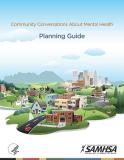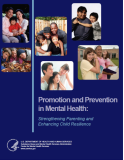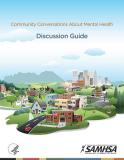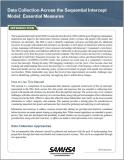
This guide offers tools to help plan community conversations about mental health. It discusses logistics, such as finding a venue, gathering a network of partners, and recruiting participants and facilitators.
Units per Product
Download
Planning Guide
File Type: PDF
File Size: 3.34 MB







